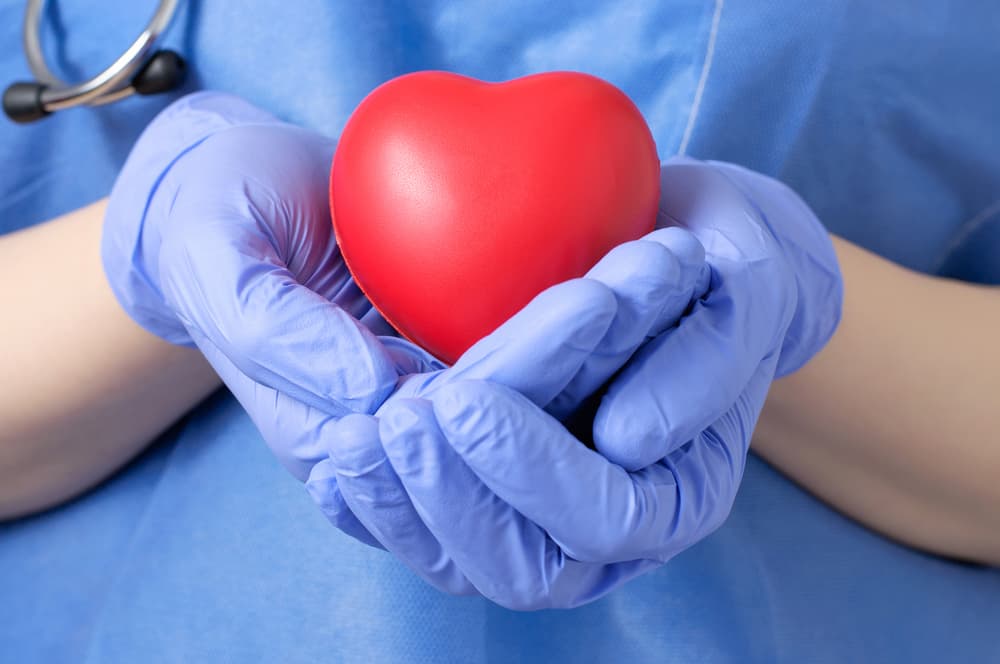Organ donation is one of the best medical advancements of the contemporary era. Unfortunately, organ demand is significantly greater than the number of organs available. Organ donation registration is easy. You can sign up to become an organ donor online on the Michigan Organ Donor Registry.
You can also add your name when you renew or request a replacement license or state ID card online or when you renew or replace your driver’s license or ID card in person at a Secretary of State office. Again, Michigan laws support your freedom to make your donation decision.
Why Add Your Name to the Michigan Organ Donor Registry?
There is no greater act of human kindness than giving the gift of life. Through organ, eye, and tissue donation, one person can save eight lives and heal an average of 75 more with the potential of 125. By becoming an organ donor in the Michigan Organ Donor Registry, you can save or transform life for other people.
Signing up for the Michigan Organ Donor Registry is the most humanitarian action conceivable. You are giving patients on the transplant waiting list hope and the opportunity to spend time with their friends and families.
Eligibility
All age groups are potential donors. Experts review each person’s medical history to determine whether their organs and tissues are healthy enough to help another person. The organ procurement organization determines whether a donation can take place based on current protocols from transplant hospitals and tissue processing organizations.
Including your name in the Michigan Organ Donor Registry is easy:
- Check the bottom corner of your driver’s license or state ID for the heart symbol.
- No heart symbol? Then complete the online Donor Registry form.
- After completing your donor registration, you will receive a link to request the red heart donor symbol for your state ID from the Secretary of State.
Black Americans and Organ Donation
Organ donation is globally important. However, Black people are disproportionately affected by the shortage of organ donors. While the number of Black donor registrations has been on the rise in the past two decades, it has not been sufficient to offset the rising number of multicultural patients in need of transplants.
Certain blood types are more abundant in ethnic minority populations. Because a compatible blood type is typically required for transplants, the demand for organs from multicultural donors is very high.
LGBTQ+ and Organ Donation
Many LGBTQ individuals believe they are ineligible to be organ or tissue donors. This belief is a widespread misunderstanding, as everyone can sign up to donate life. Blood donation may not be accessible for some LGBTQ+ community members, but organ donation is!
The sexual orientation and gender identity or expression of a potential organ donor are irrelevant. Anyone can join, no matter who they love or how they express themselves.
Donor Registration is available to all individuals, including those who are:
- Lesbian, gay, bisexual, non-binary, or gender-fluid.
- Having doubts about their sexual identity or orientation.
- Transgender, irrespective of the individual’s actual anatomy or appearance.
HIV+ and Organ Donation
Thanks to the HIV Organ Policy Equity (HOPE) Act, HIV-positive organ donors can provide the gift of life to Michigan patients already living with HIV and in need of an organ transplant.
Before the HOPE Act was signed into Michigan law in 2021, Gift of Life Michigan had to send organs from HIV-positive donors out of state instead of saving HIV-positive patients here in Michigan. The HOPE Act removes that restriction, saving more lives in our state.
Since 2015, twenty-one states and the District of Columbia have adopted this legislation. Transplants between HIV-positive donors and HIV-positive patients now take place at 36 hospitals and transplant centers across the country.
Frequently Asked Questions (FAQs)
How Do I Sign Up?
Registering as an organ donor is easy via Gift of Life Michigan.
- Just click on the Become a Donor button on the Gift of Life website and answer a few questions. Click the “Submit” button, and you are registered!
- The confirmation page will include a link to the Secretary of State’s website to request your red heart donor sticker for your license.
Am I Already an Organ Donor?
Check Your Heart! You are registered if you have a red heart donor symbol in the bottom corner of your driver’s license or state ID.
You can also confirm whether you are in the Michigan Organ Donor Registry with the Secretary of State while getting or renewing your driver’s license or state ID.
Why You Should Consider Organ Donation
A person is added to the national organ transplant waiting list every nine minutes. This high rate of need for organs is because some incurable disorders can only be treated through transplantation. Adding your name to the Donor Registry gives hope and increases the chances for patients on the organ transplant waiting list. You have the choice to make a difference in someone’s life.
Can I Update My Information?
If you have the red heart donor symbol on your Michigan driver’s license or state ID, then each time you move or change your name, it is automatically updated in the Michigan Organ Donor Registry.
What Should I Do After I Sign Up?
Once you have decided to register as an organ donor, you should inform your loved ones of your intentions. Your loved ones will appreciate knowing your decision to help save a life or improve the health of someone who deserves a second chance after you are gone.
Do You Want to Donate While You’re Alive?
While you are still living, you may donate an organ, such as a kidney, or a lobe of your liver or lung, to someone in need. The act of donating an organ while still alive is known as a living donation. This type of donation is coordinated by transplant hospitals; Gift of Life Michigan is not directly involved.
You may be considering organ donation to a family member or close friend. This is the most common form of living donation. The transplant hospital where your friend or family member is a patient can arrange for testing to see if you are a suitable match.
Alternatively, you may wish to give an organ to a stranger in need, which is commonly called an altruistic living donation. Most transplant hospitals accept altruistic donors, so contact one that is conveniently located. We offer a list of transplant hospitals on the Gift of Life Michigan website.
Become a Donor and Save a Life
Registering as a donor is one method to communicate your final intentions to your loved ones. Registering is vital if you believe in organ donation since it helps prevent transplantable organs from being lost due to a lack of authorization or confusion about your wishes.
You offer the possibility to save lives by registering. Adding your name to the Michigan Organ Donor Registry is a quick and straightforward process that you can complete online in less than five minutes.
Featured Image Source: Csaba Deli/Shutterstock








